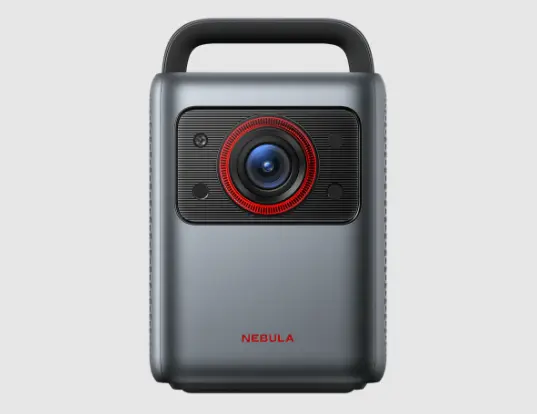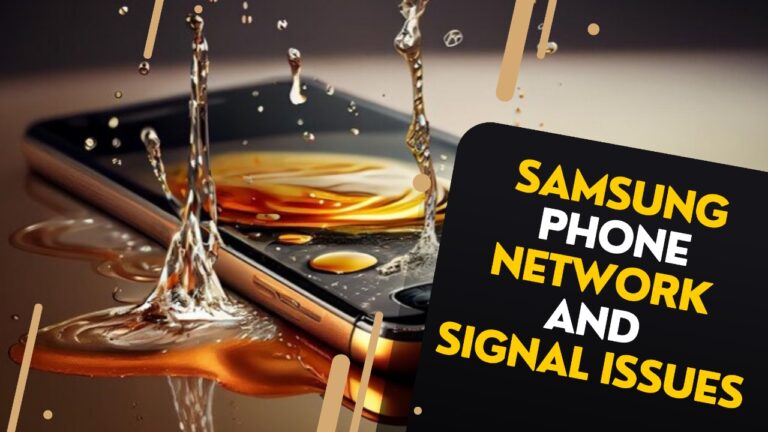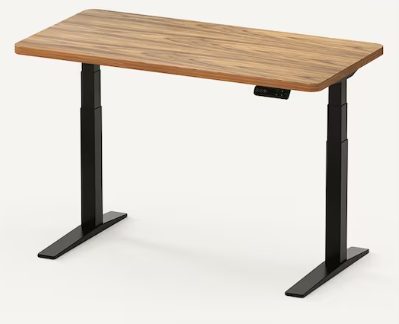The Difference Between Projector and TV

In-home entertainment, the debate between choosing a projector or television is as vibrant as ever. Both devices offer unique experiences for movies, gaming, and television shows, but which one is the right choice for your home? This article will delve into the features, helping you make an informed decision.
Contents [show]
Projector vs. TV
Here is the detail about projector vs. TV:
Image Quality and Resolution
Projector and TV, Modern TVs boast incredible technological advancements, offering 4K to 8K resolutions, HDR (High Dynamic Range) capabilities, and OLED or QLED screens. These features collectively deliver crisp, vibrant, and deeply contrasted images directly out of the box. TVs are also known for handling various lighting conditions well, ensuring a good viewing experience in dark and well-lit rooms.
While projectors can also support high resolutions, including 4K, the actual image quality can be heavily influenced by the screen or wall used and the ambient lighting in the room. They also have great brightness. For example, theCosmos Laser 4K has 2200 ANSI Lumens brightness. High-end projectors can produce stunning images that are hard to match, especially regarding size scalability, but often require a controlled lighting environment to truly shine.
Size and Space
Televisions have a fixed screen size, which makes choosing the right one for your room crucial. While they now come in increasingly larger sizes, surpassing 75 inches in some cases, they require a significant amount of space, especially if opting for a larger model.
Projectors offer a level of size flexibility unmatched by TVs. You can adjust the projection size based on how far you place the projector from the screen, easily surpassing the average TV sizes. This makes projectors ideal for those wanting a theater-like experience at home. However, they require a clear wall or screen and enough physical space to project large images.
Also Read: The Best Gaming Projector With a Great Budget
Installation and Flexibility
TVs are relatively straightforward to install; mount them on a wall or place them on a stand, and you’re almost ready to go. They can be easily integrated into various smart home ecosystems and are user-friendly for most people.
Installing a projector requires more planning. You need to consider the throw distance, screen, and mounting options. While more modern projectors offer wireless connectivity and are becoming easier to set up, they still need to catch up to TVs with plug-and-play ease.
Cost
The price of televisions can vary widely based on size, resolution, and technology. While you can find affordable options, especially in the mid-range size and resolution categories, the latest and greatest models can be expensive.

Initial costs for projectors are lower than high-end TVs, especially when considering screen size. However, the cost can quickly accumulate when factoring in a good-quality screen and any necessary sound system upgrades. Many Nebula projectors have built-in speakers with Dolby audio. Additionally, projectors require lamp replacements over time, adding to the long-term expense.
Conclusion
We hope we guided you well on projector vs tv. Choosing between a projector and a television ultimately comes down to your specific needs, preferences, and the environment in which the device will be used. Consider the points discussed above, and you’ll be well-equipped to make the right decision for your home entertainment setup.




